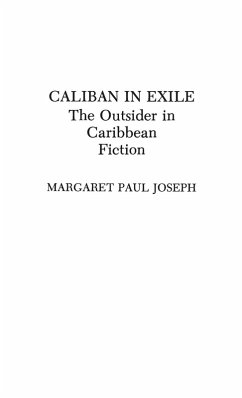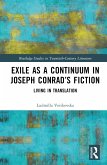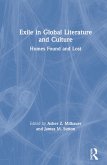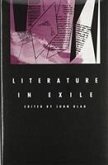The Caliban-Prospero encounter in Shakespeare's The Tempest has evolved as a metaphor for the colonial experience. The present study utilizes the Caliban symbol in examining the influence of colonialism in Caribbean literature, focusing on the works of three major writers from the Caribbean islands: Jean Rhys, of British descent from Dominica; George Lamming, of African origin from Barbados; and Sam Selvon, of mixed Indian and Scottish heritage from Trinidad. The works chosen are set in England where the writers and their characters experience a double displacement, the alienation of the exiled in the country that once colonized their own islands. They are outsiders: unwelcome in Prospero's home country. The novels dramatize the theme of physical and psychological exile. Rhys's characters need mirrors in which they search for an assurance of identity; Lamming's are torn by the conflict inherent in the tragic sense of life; and Selvon's ironic language expresses the deepest sense of exile: exile from one's own self. Other Caribbean writers are included in the analysis, and the volume concludes by examining contemporary writers for whom Caliban's role in literature appears to be changing. Novelists like Earl Lovelace and Jamaica Kincaid demonstrate that it is possible to be an outsider in one's own country, and that issues of class can be as corrosive as issues of race. The focus has moved beyond physical exile, but the spirit and strength of Caliban continue to pervade the new literature. In giving expression to their anguish, both the earlier and new Caribbean writers have created highly interesting and successful fiction. This well crafted thematic study of Caribbean literature will be of great value to students, teachers, scholars, and readers of Third World, post-colonial, and multicultural literature.
Hinweis: Dieser Artikel kann nur an eine deutsche Lieferadresse ausgeliefert werden.
Hinweis: Dieser Artikel kann nur an eine deutsche Lieferadresse ausgeliefert werden.








